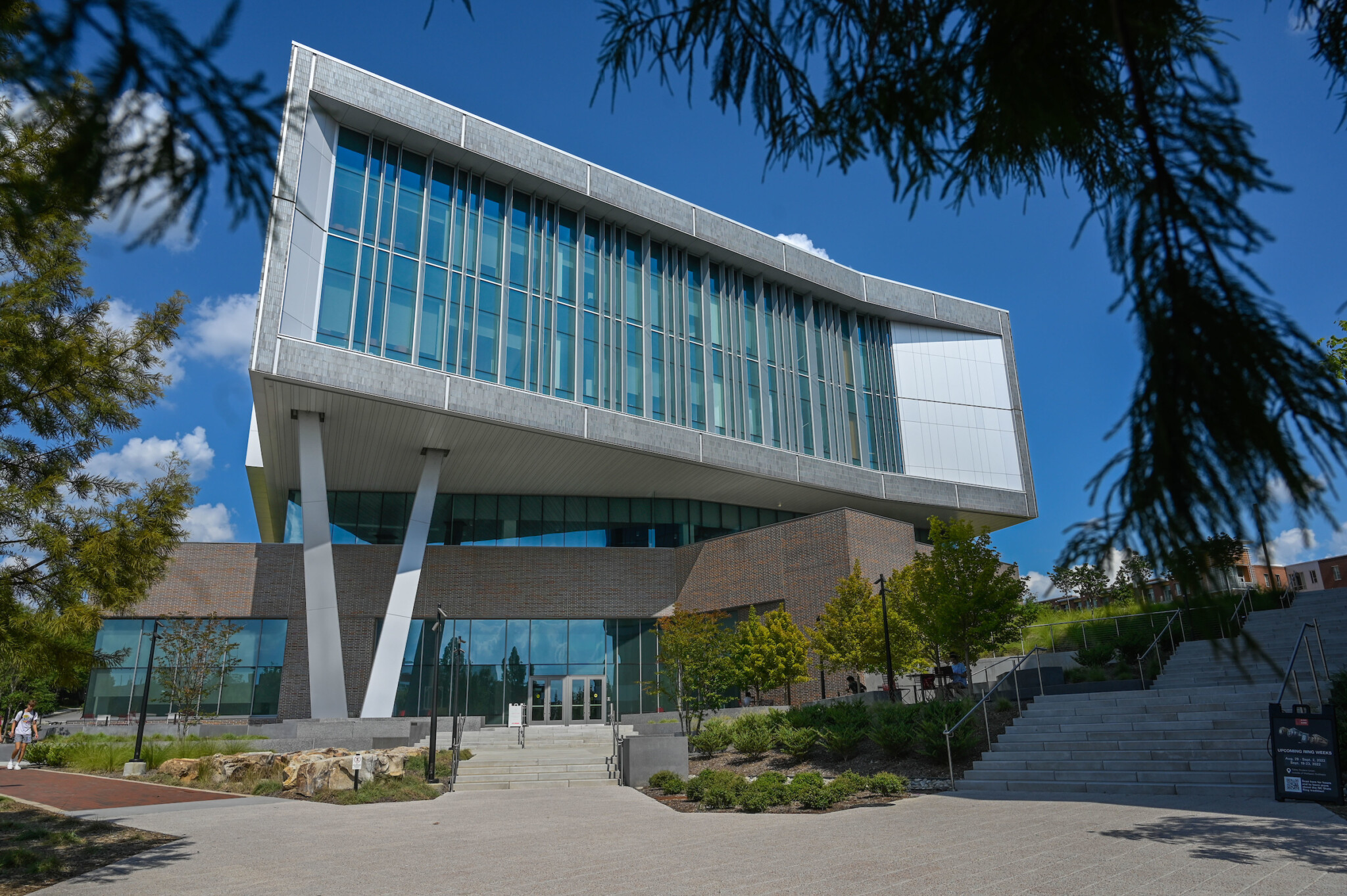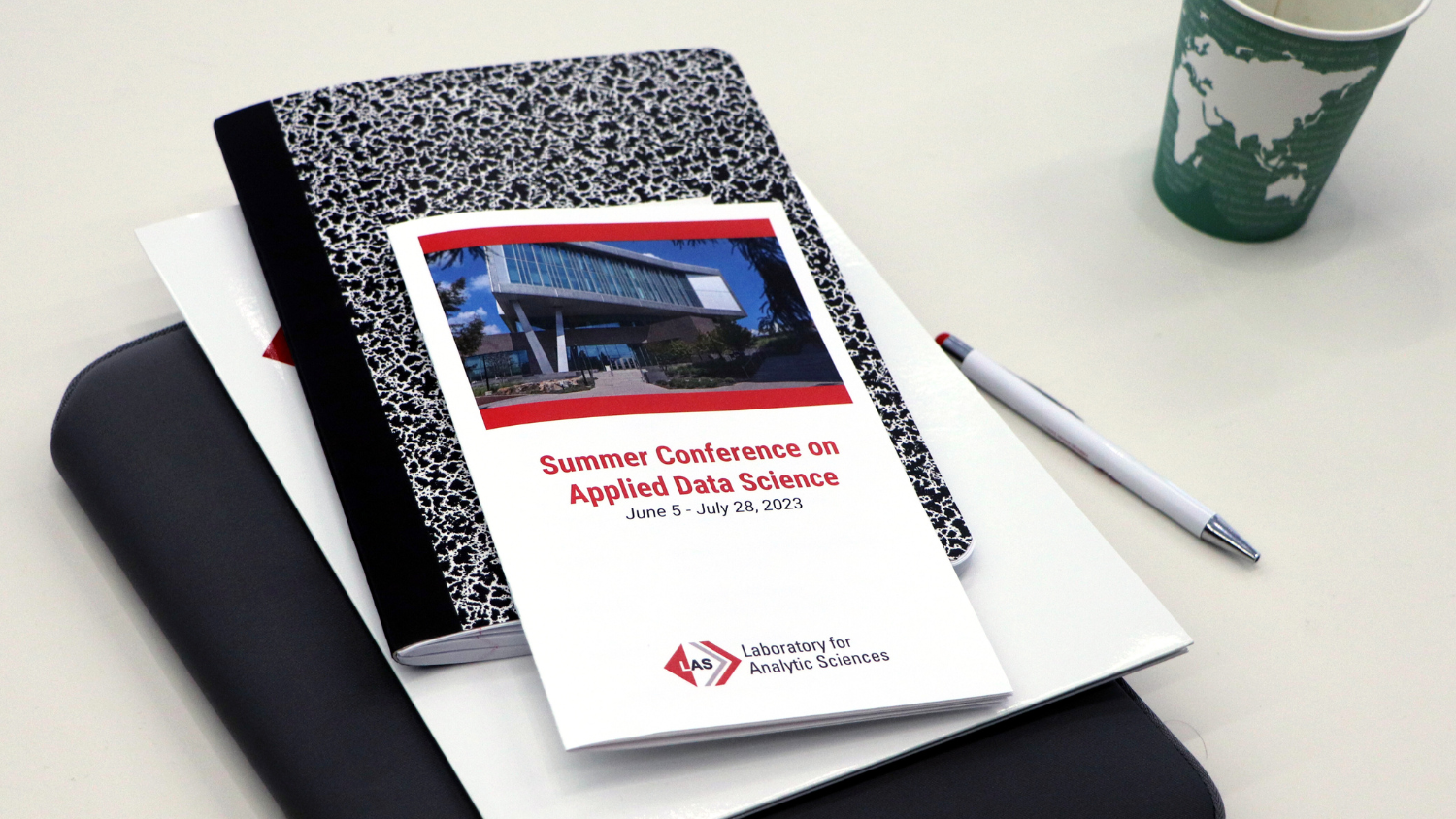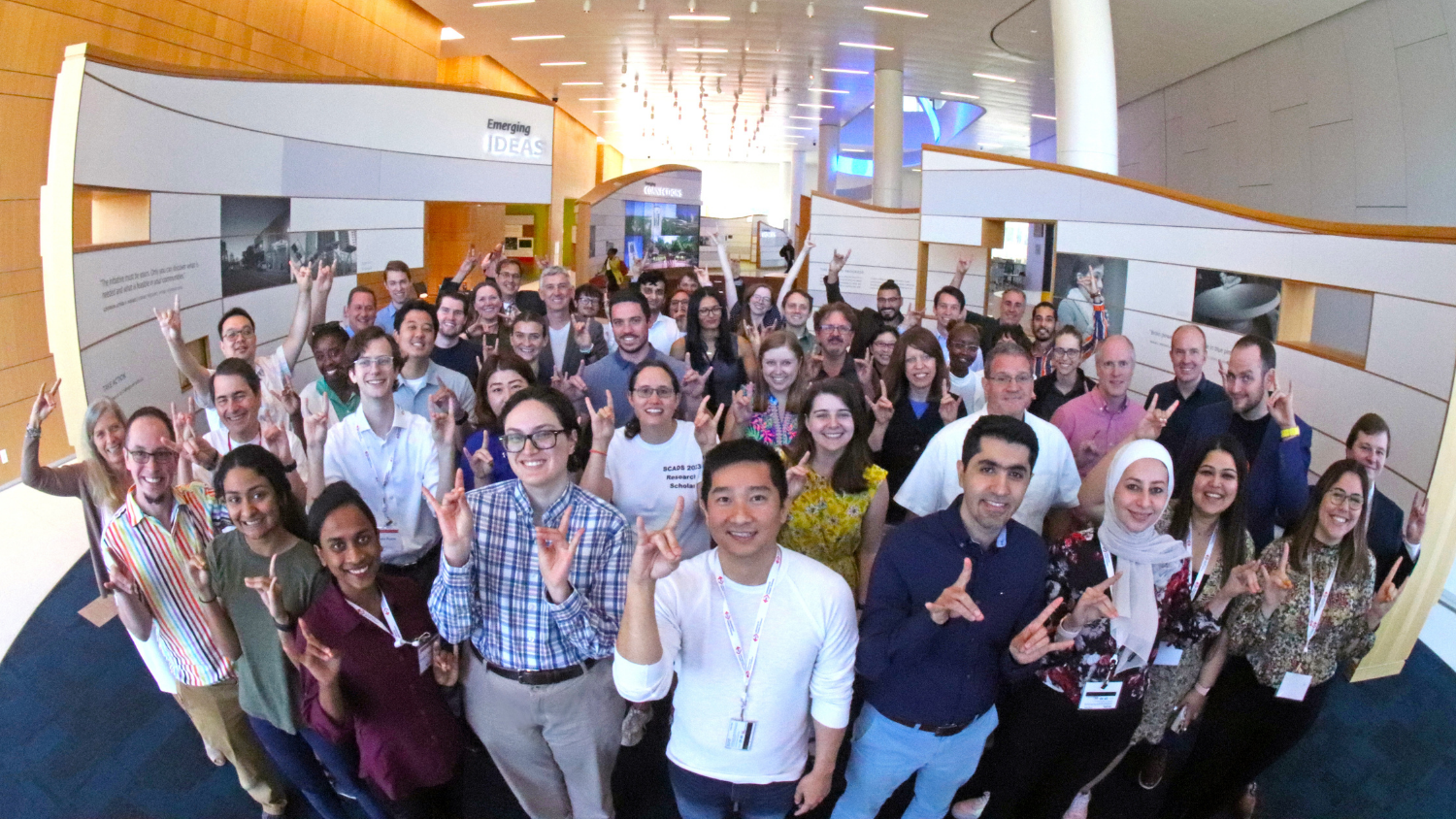
Summer Conference on Applied Data Science
8 weeks. 40 researchers. 1 grand challenge.
June 3 to July 26, 2024
Raleigh, NC
Program
The LAS Summer Conference on Applied Data Science (SCADS) is an annual immersive collaboration experience that combines data scientists, intelligence analysts, researchers and software engineers. Offering in-person workshops and sessions over an 8-week period, SCADS is designed to bring together interdisciplinary experts from academia, industry and government to address a data science grand challenge. As participants work together to build on existing research, this program provides practical data science training, networking opportunities, and access to diverse perspectives.
The multi-year grand challenge of SCADS is to generate tailored daily reports for knowledge workers that capture information relevant to their individual interests. The U.S. intelligence community currently produces the President’s Daily Brief every morning summarizing national security information that the president needs to know. The SCADS grand challenge is to automate such a process in order to scale from a single report for one person to continually-updated reports tailored to the interests of tens of thousands of individuals. The content of tailored daily reports, also known as TLDRs, may be drawn from any number or variety of sources. TLDRs will be auto-generated using artificial intelligence and machine learning, user modeling, and information retrieval technologies and methods.
SCADS conference participants focus on issues related to the grand challenge:
- Conceptualizing the content, format, user interactions, and automated analysis of a TLDR
- Investigating ways to produce tailored summaries of information from a large-scale, continually-evolving multimodal dataset(s)
Participants spend time learning about the problem domain and datasets, then collaborate in groups to focus on the problems most interesting to them. Groups present the results of their research at the end of the conference.
Participants
Researchers whose interests intersect with problems posed by such challenges are invited to apply to attend SCADS. While not an exhaustive list, this could include research in:
- Text Summarization and Natural Language Processing
- Knowledge Extraction, Representation, and Management
- User Interaction Log Analysis
- Multimodal (Text, Video, Audio) Information Extraction
- AutoML and Continual Learning
- Explainable Recommender Systems
- Automated Narrative Generation
- User Experience and User-Centered Design
- Human-Computer Interaction
- Human Factors Psychology
- Human-Machine Communication
Student Applicants
Graduate students are invited to join us as paid Summer Research Scholars. Positions are full-time (40 hours/week). If needed, we provide support for local accommodations and travel. The application closed Friday, January 12, 2024.
Are these positions open to international students?
Yes, international students are welcome to apply.
Will this be considered a cross-enrollment at NC State University?
You will not be enrolled at NC State. Student Summer Scholars are considered temporary employees of NC State.
What support is provided?
Student Summer Scholars are expected to work 40 hours/week and will receive a competitive stipend of $11,200. Students who do not already live in the local area (within 35 miles of campus) will also receive a stipend to support local accommodations and travel.
How many positions are available?
We anticipate hiring 6-12 students in total.
Is a security clearance required for this position?
A security clearance is not required. The conference will be unclassified. Applicants with active clearances should note that status in their application.
Am I eligible to apply?
Student applicants should be currently enrolled in a master’s or Ph.D. program. There are no requirements around coursework or specific degree programs. We welcome student applicants from all disciplines interested in the SCADS grand challenge.
What is required to apply?
Students should submit contact information for three references, a resume or CV, and answers to three short-answer questions in the Qualtrics application. Applications missing any of these elements will be considered incomplete.
What is the timeline once I have submitted my application?
The application deadline was Friday, January 12, 2024. Applications will be reviewed and the top applicants will be invited to a virtual interview in February. Offers will be extended no later than March 1.
How will mentorship be provided to students?
SCADS is a fast-paced, immersive, and collaborative environment. Students will work side-by-side with faculty, industry experts, and government staff.
Faculty and Industry Applicants
Faculty researchers and industry professionals who are interested in participating in SCADS are invited to apply by Friday, January 12, 2024.
Important Dates
- October – Application Opens for Industry and Faculty Participants
- October – Information Session for Industry and Faculty Participants
- December – Student Application Opens
- January – Student Information Session
- Mid-January – Application Deadline
- June-July – Summer Conference on Applied Data Science
deadlines & events
All EventsContact
If you are interested in SCADS, please reach out or join our mailing list.


